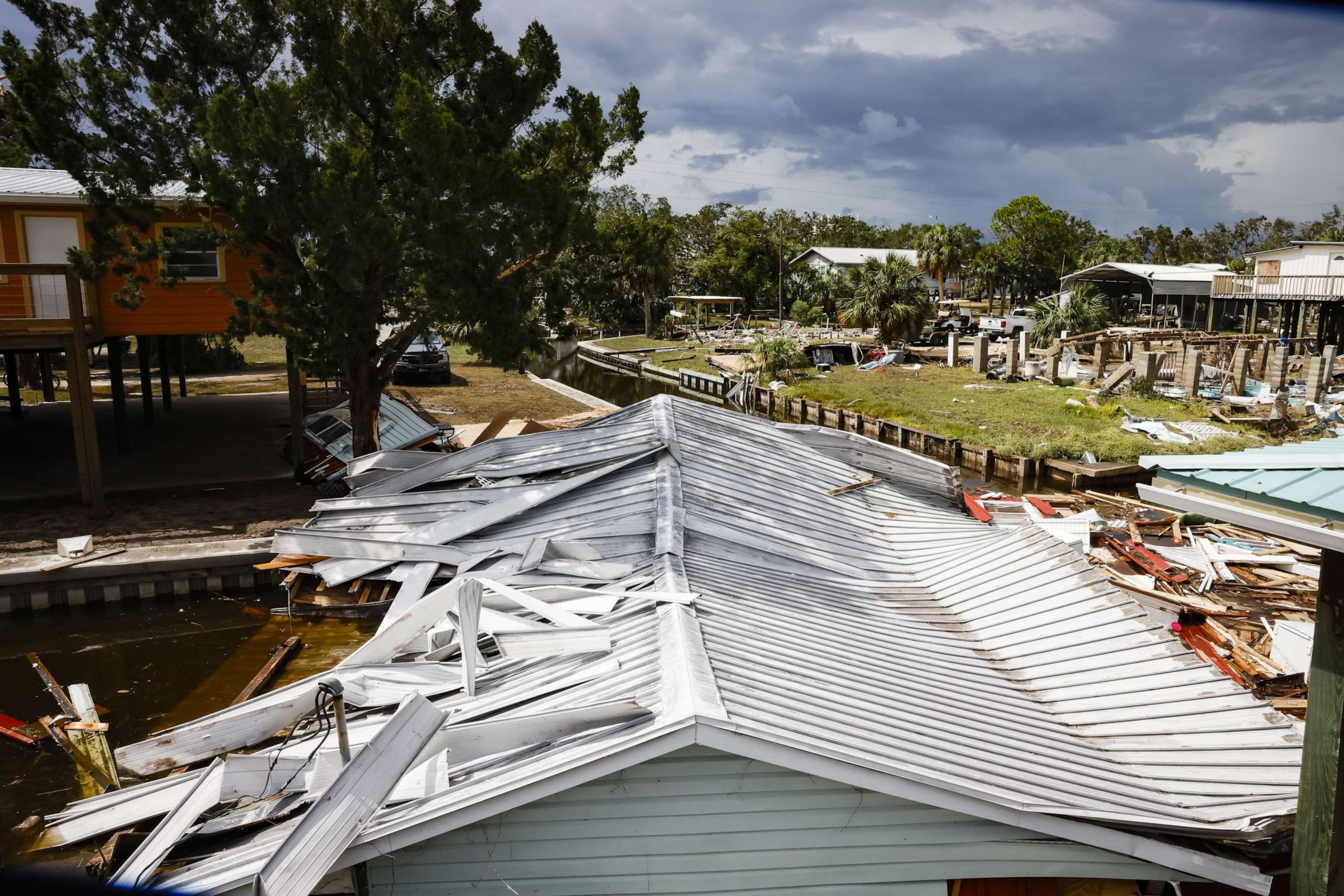Climate change making it twice as likely for hurricanes to strengthen in 24 hours
Tropical cyclones in the Atlantic basin may now be more than twice as likely to strengthen from a weak hurricane or tropical storm into a major hurricane in just 24 hours due to climate change and warming waters, a new study suggests.
Hurricanes are also now more likely to strengthen more rapidly along the East Coast of the U.S. than they were between 1971 and 1990, the paper, published Thursday in Scientific Reports found.
MORE: This is what it's like to fly inside a powerful hurricane
Oceans have been warming rapidly in the last five decades, with about 90% of the excess heat from climate change being absorbed by oceans, Andra Garner, a climate scientist at Rowan University in Glassboro, New Jersey, and lead author of the study, told ABC News.
The warm ocean waters are then serving as fuel for tropical cyclones that form in the Atlantic basin, making them twice as likely to go from a weak storm -- a Category 1 hurricane or weaker -- to a major hurricane in just 24 hours, Garner said.

The study, which analyzed the change in wind speed over the lifespan of every Atlantic basin tropical cyclone between 1971 and 2020, found that there were increases in the average fastest rate at which storms intensify by more than 25% from the historical time period, between 1971 to 1990, to the modern time period, between 2001 and 2020, Garner said.
MORE: Heat-driven shifts in wind patterns could increase hurricane risks along US coastlines, researchers say
In addition, the number of tropical cyclones to intensify from a Category 1 hurricane or tropical storm into a major hurricane within 36 hours has more than doubled in recent years compared to the 1970s and 1980s, the study said.
"We know that a lot of the strongest and most damaging hurricanes ultimately do intensify especially quickly at some point in their lifetime," Garner said.

Major hurricanes in recent years have displayed the behavior of intensifying more quickly, according to the study.
MORE: 'Above normal' activity predicted for remainder of 2023 Atlantic hurricane season, NOAA says
In the 2023 Atlantic Hurricane Season, Hurricane Idalia, a Category 1 storm on the morning of Aug. 29, intensified to a Category 4 hurricane with 130 winds the next morning as it approached Florida's Gulf Coast. In 2022, Ian strengthened into a major hurricane just 24 hours after reaching Category 1 status and shortly before making landfall in Cuba.
MORE: 'Above normal' activity predicted for remainder of 2023 Atlantic hurricane season, NOAA says
The regions of the Atlantic Basin that have experienced the most pronounced and quickly intensifying tropical cyclones have shifted in recent decades, putting more vulnerable, resource-poor communities at higher risk of devastating impacts, the paper found. This includes some central American nations along the southwestern Caribbean Sea.
When storms intensify quickly, they can sometimes be more difficult to forecast and therefore more difficult for coastal communities to plan for, Garner said.

The results of the study suggest that the Atlantic Basin is already experiencing an increase in the overall frequency and magnitude of quickly intensifying tropical cyclone events as global temperatures continue to rise.
"It's going to be really important for our coastal communities to try to work towards enhance coastal resiliency," she said.
MORE: US Atlantic Coast becoming 'breeding ground' for rapidly intensifying hurricanes due to climate change, scientists say
Disclaimer: The copyright of this article belongs to the original author. Reposting this article is solely for the purpose of information dissemination and does not constitute any investment advice. If there is any infringement, please contact us immediately. We will make corrections or deletions as necessary. Thank you.






